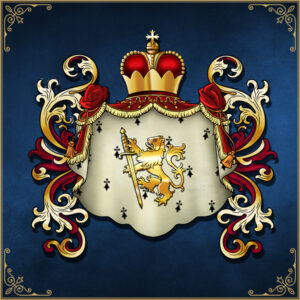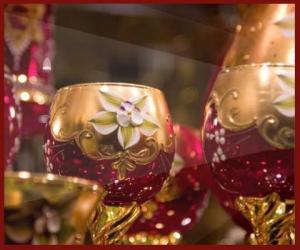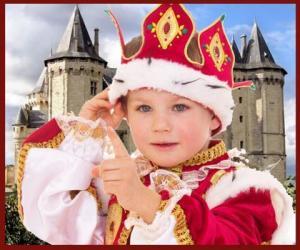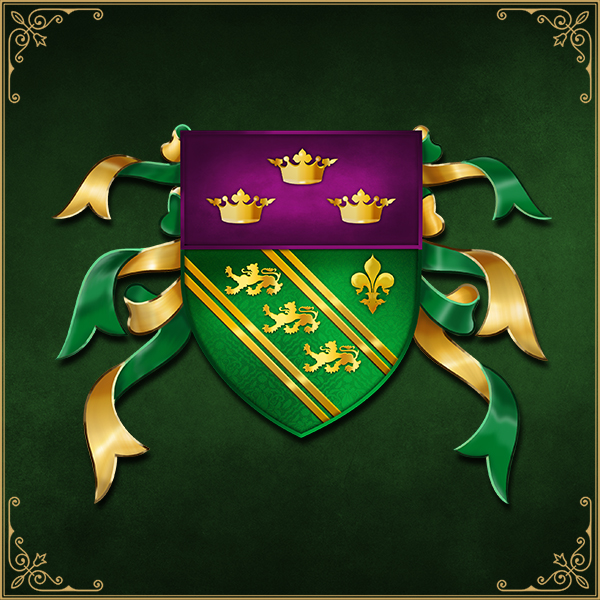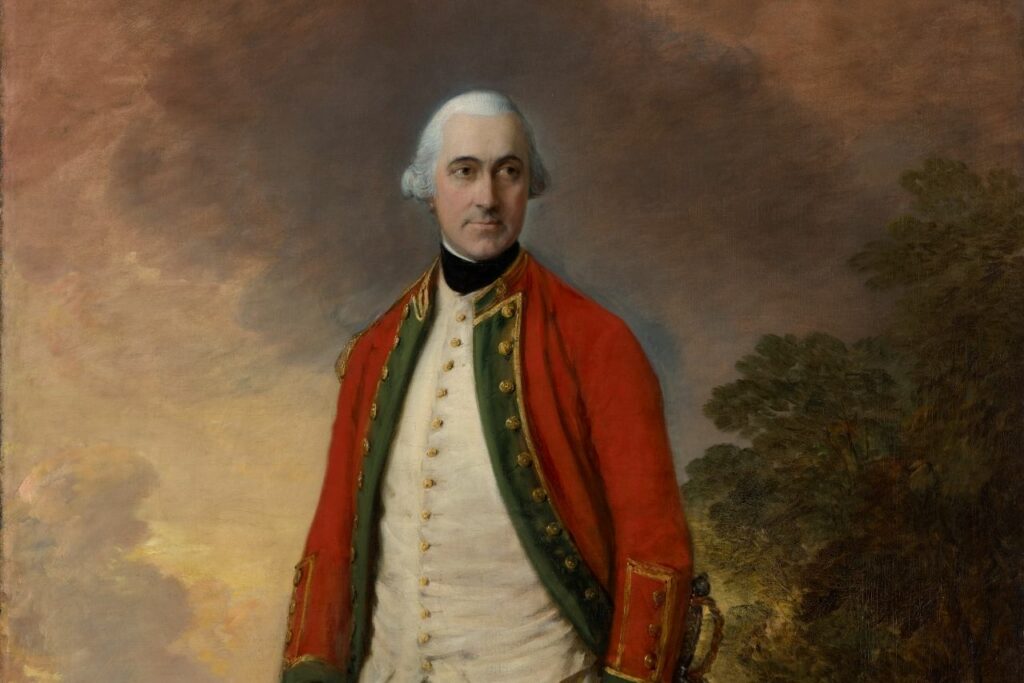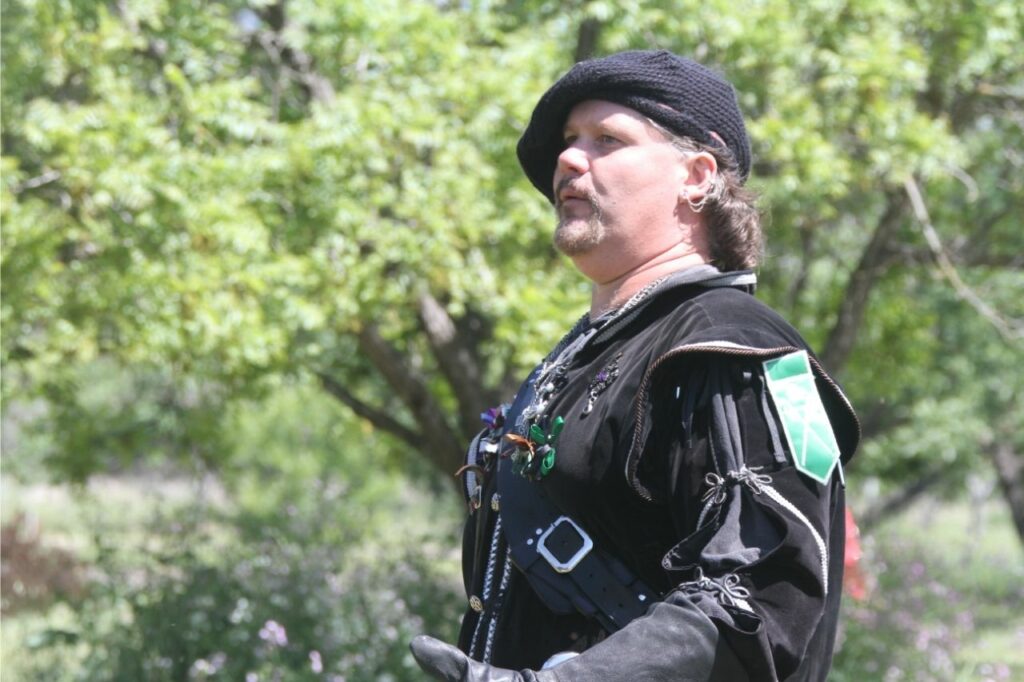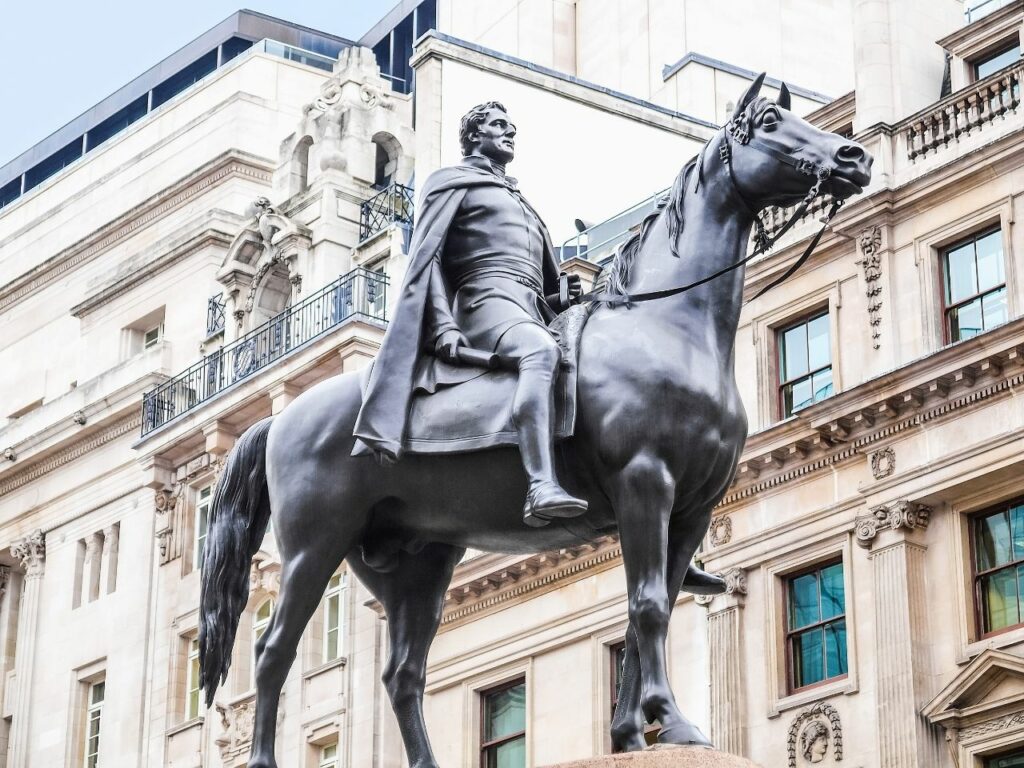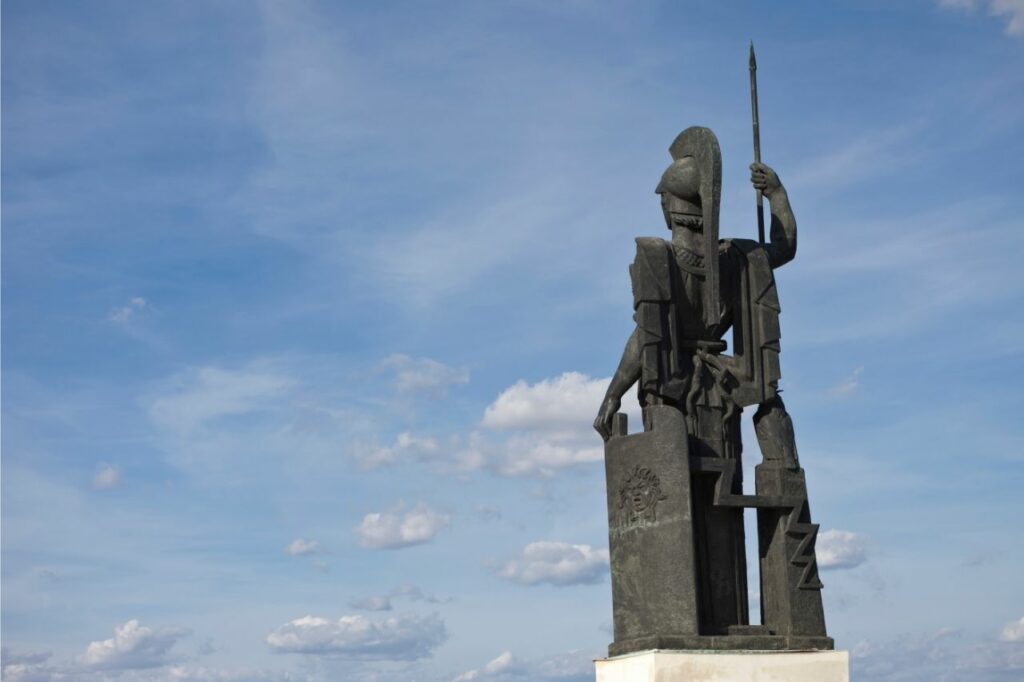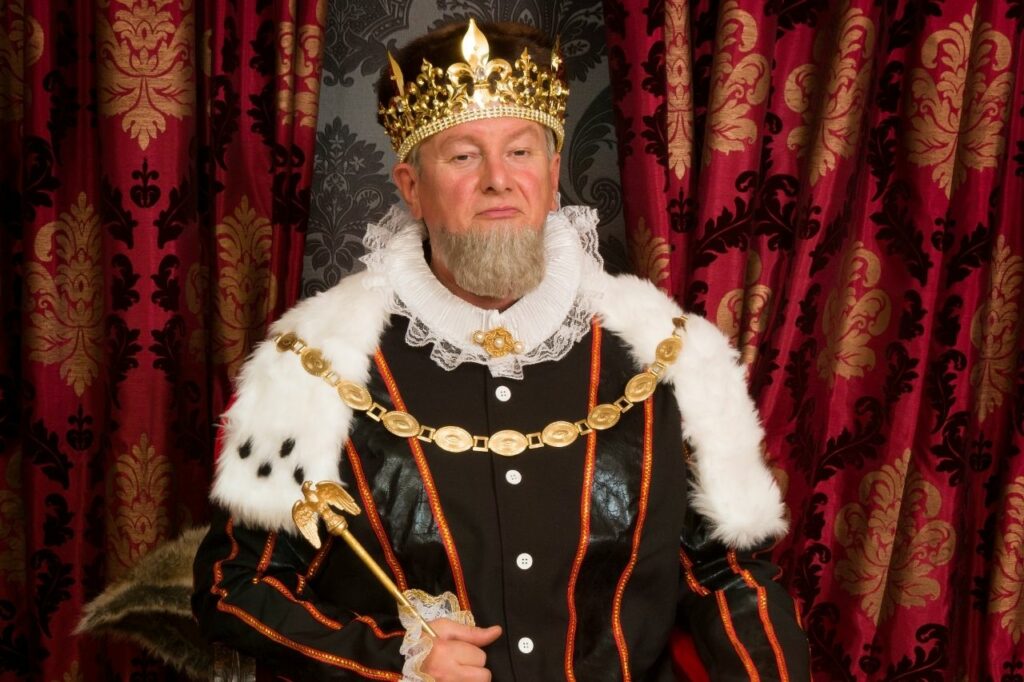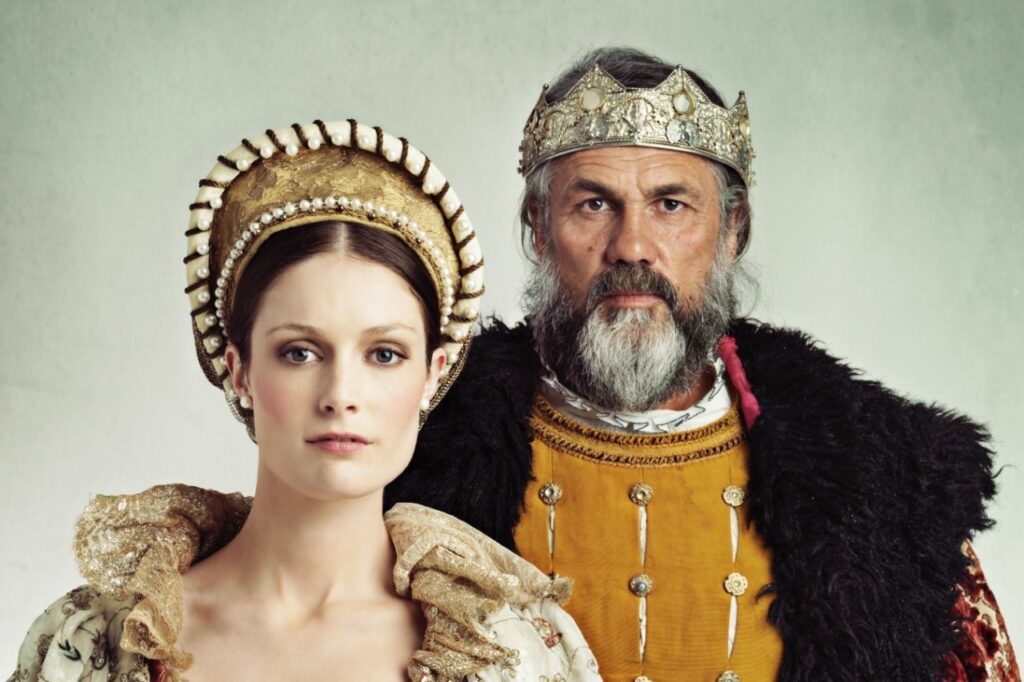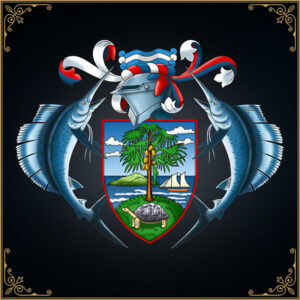If you have to choose a title of nobility, you can not get past the count and countess. The title of count indicates a noble position. Thereby the count title ranks between the margrave and the viscount in the nobility hierarchy. Over the centuries, the image of the noble changed. The earl looks back on a long history. Below, before you buy a noble title, you will learn more about where the noble title of earl came from and what the earldoms are all about today.
Become a Count & Countess: Purchase a title of nobility!

If you have to choose a title of nobility, you can not get past the count and countess. The title of count indicates a noble position. Thereby the count title ranks between the margrave and the viscount in the nobility hierarchy. Over the centuries, the image of the noble changed. The earl looks back on a long history. Below, before you buy a noble title, you will learn more about where the noble title of earl came from and what the earldoms are all about today.
Etymological origin of the title of nobility

Historically, the title of count comes from the Anglo-Saxon language area. The origin of the word can be traced back to the word "Jarl", which described a chieftain in Scandinavia and already among the Vikings. Over the centuries, however, the title disappeared from the scene. In contrast, the term Earl was used as a title of nobility until the Middle Ages. Thereupon, the noble title of duke replaced the term. The English Earl is comparable to the German Graf. Nowadays, there are more than 300 earl titles used exclusively by British earls.
What are Earls and Counts?
The terms Earl and Count originate from the English-speaking world. The two terms are synonymous with the local noble title Count. On the one hand, the Earl refers to all counts who come from the Anglo-Saxon area. Foreign earls, on the other hand, are called counts. The oldest Earl title is the Earl of Arundel. This was awarded for the first time in 1141. The two noble titles share the same rank. The introduction of the noble titles Earl and Count took place only after the conquest of England by the Normans.
Land ownership and counties
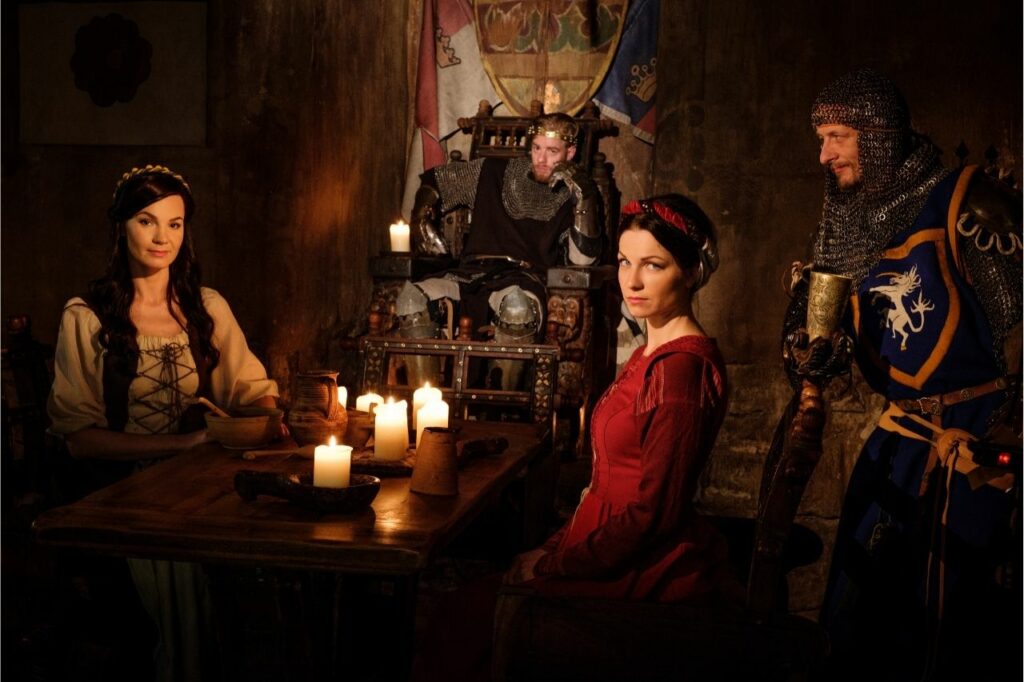
But who could actually claim the noble title of Earl? Nowadays, an earl or count does not necessarily own land or rule a particular county. This was different in the past. The earl was the head of a county and was given a share of the revenue. Nowadays, earls are still seen as having a close connection to the particular region and county. The convention for the name Earl was not too strict in the past. Who was allowed to call himself an Earl was governed by the regulations. Accordingly, there were different situations in which a nobleman could call himself an earl:
- own possession of a county
- Possession of a county seat in the county
- Possession of another known place in the county
If the designation as earls was not clear, the civil name was used. For example, there were earls who had restricted landholdings within an earldom. However, if the earldom already assigned the title of earl to another earl, a second Earl of Essex, Oxford and Co. was not possible. Then the name of the nobleman acted as a substitute for the local title.
Range of graphic titles
However, the count was not the only nobleman in history. Rather, there were different noble titles with manifold meanings. From the count alone countless other noble titles were derived. Landgrave, Margrave, Imperial Count or Feudal Count, for example, denote noble titles that were granted special characteristics. While the Reichsgraf, for example, was the count of an imperial county, the Landgraf is a noble title of a fief holder directly handed over by the king.
Non-permanent titles of nobility
The noble title "count" was not exclusively a hereditary title. Historically, there were some non-noble holders of a special state office who were also called counts. These were, on the one hand, judicial officials with the power of administration. The most common designation for these office holders was the Freigraf. In addition, there were other administrative officials known by the designation "count". The Hansegraf, Deichgraf, or Holzgraf were responsible for different areas in the administration. While the Hansegraf was in charge of trade and market affairs, the Deichgraf and Holzgraf were responsible for water management and forestry.
The counties today
While in former times the counts got their titles mainly because of the affiliation to the county, this looks different with the counts nowadays. In the course of time, even judges or other personalities in an elevated position became counts. Today it is even possible to buy a count title. If you want to call yourself a count in the near future, there is nothing standing in the way of buying a title of nobility including a certificate of appointment as well as a coat of arms.
The count as a title of nobility in Germany
Count von Westphalen, Count von Schönborn, Count zu Falkenstein and Co. - all these counts and countesses have existed on German soil since the Middle Ages. Today, the purchase of these titles of nobility is still possible. With the certificate of appointment you will already appear authentically like count and countess in the near future. An unmarried countess is also called a comtesse. In history, almost all female aristocrats who were not married were called comtess - this also applies to the countess.

